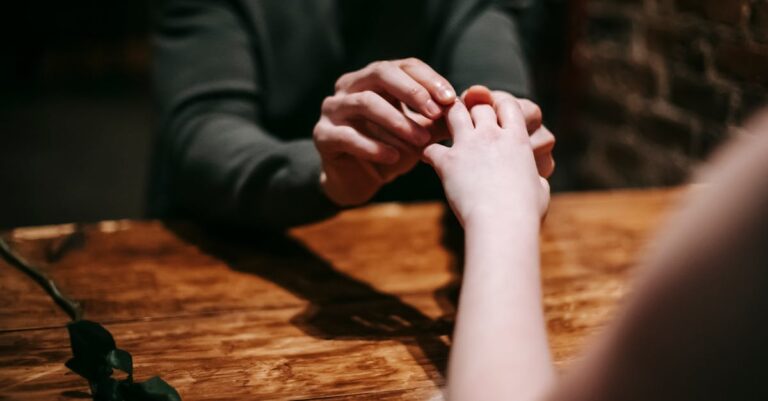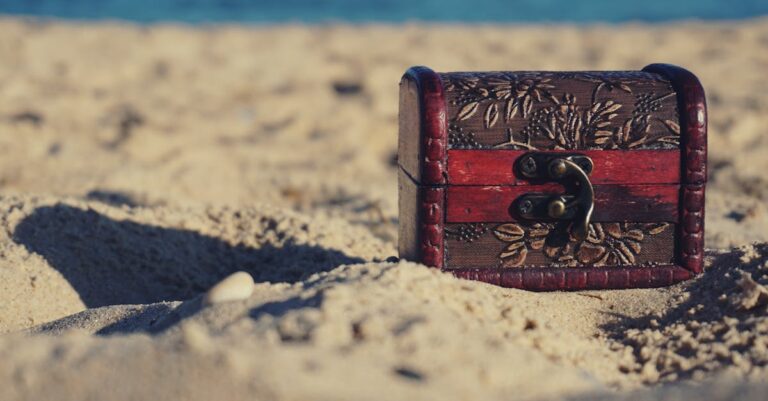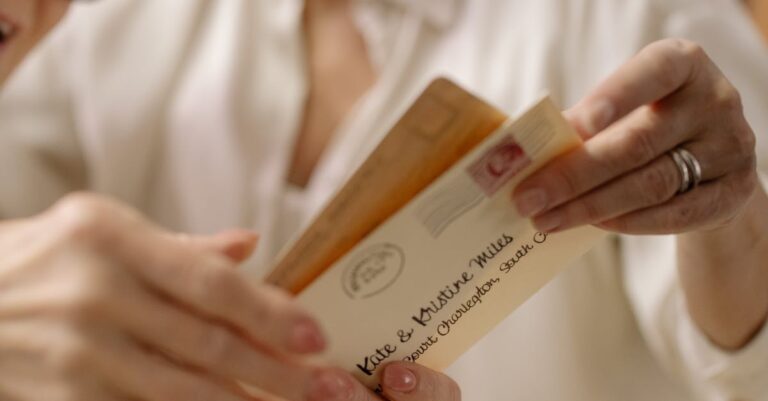
The salt air clung to Clara’s skin as she stepped off the creaking ferry, her boots crunching over gravel. The lighthouse stood at the cliff’s edge, its white paint bleached by decades of wind. She hadn’t seen it in ten years, but the structure still loomed in her memory like a scar. The man who’d built it—Elias—was waiting at the base, his hands buried in the pockets of his overalls. He looked older, his hair streaked with gray, but the way he held himself was the same: rigid, as if bracing for a storm.
“You came,” he said, his voice low, like gravel underfoot.
Clara squared her shoulders. “I had to.” The words felt heavy, as though they’d been buried in her throat since the last time she’d stood here. The dock groaned as the ferry pulled away, leaving them alone with the sound of waves slapping the rocks below.
Elias didn’t move. His eyes—dark and unyielding—studied her. “You left without saying goodbye.”
“I didn’t have a choice.” She forced the words out, but they tasted like a lie. The truth was simpler: she’d been afraid. Of what he’d become, of what she might lose if she stayed.
He stepped closer, the scent of salt and woodsmoke surrounding them. “You think I didn’t try to find you?” His voice cracked, and for a moment, the mask slipped. She saw the man he’d been before the silence, before the lighthouse consumed him.
Clara’s fingers curled into her palms. “I heard about the accident,” she said, voicing the thing they’d never spoken of. The night the storm swallowed the fishing boat, the one he’d refused to leave.
Elias’s jaw tightened. “I couldn’t leave.”
“You did.”
A beat of silence, then he turned toward the lighthouse. “Come inside. It’s colder than it looks.”
The door creaked as they stepped into the dim glow of a single bulb. The air smelled of oil and old paper. Clara’s eyes adjusted to the shadows, taking in the cluttered desk, the stack of books, the faded photographs on the wall—none of them of her.
“You still keep it like this,” she murmured.
“It’s all I have left,” he said, not looking at her.
She wanted to ask what that meant, but the words stuck. Instead, she traced a finger over the edge of the desk, feeling the grooves left by years of use. The silence between them was thick, heavy with unspoken things.
Elias finally met her gaze. “Why now?”
Clara hesitated. The answer was simple: she’d been chasing ghosts, searching for a place that no longer existed. But she couldn’t say that. Not yet.
“I needed to see it again,” she said, the lie tasting bitter on her tongue.
He studied her, then nodded. “Then stay.”
The word hung between them, a challenge and a plea. Clara didn’t know if she could. But as the wind howled outside, she stepped deeper into the lighthouse, toward the heart of the storm they’d both tried to outrun.
—
The first week was a slow unraveling. Clara slept in the spare room, its walls lined with books and nautical charts. Each morning, she found Elias already awake, staring out the window at the sea. He didn’t speak much, but his presence was a constant—like the tide, relentless and unyielding.
One evening, as the sun dipped below the horizon, Clara found him on the cliffside, his coat flapping in the wind. She approached quietly, her boots crunching over gravel.
“You never told me why you stayed,” she said, her voice barely louder than the waves.
Elias didn’t turn. “I couldn’t leave.”
“That’s not an answer.”
He finally faced her, his expression unreadable. “You don’t understand.”
“Then explain it to me.”
A long silence stretched between them. Finally, he exhaled, the sound lost in the wind. “The lighthouse… it’s all I have left of her.”
Clara’s breath caught. “Your wife?”
“My daughter,” he corrected, his voice rough. “She was seven. The storm took her.”
The words hit like a physical blow. Clara sank onto the rocks, her mind racing. She’d heard rumors, whispers in the town about a tragedy, but she’d never asked.
“I didn’t know,” she whispered.
Elias looked away. “No one does.”
The weight of it settled over her, heavy and unrelenting. She thought of the photographs on the wall, the empty spaces where her own image should have been.
“Why didn’t you tell me?”
“Because I didn’t want to ruin what we had,” he said, his voice barely audible.
Clara stared at him, her heart aching. “You think I’d have left?”
He didn’t answer. Instead, he turned back to the sea, his silhouette framed by the dying light.
The next morning, Clara found a letter on her desk—old, yellowed, and sealed with wax. She broke the seal carefully, her hands shaking. The handwriting was familiar: Elias’s.
“To Clara,” it began. “If you’re reading this, I’m gone. Or maybe you’ve finally come to understand. Either way, I need you to know…”
The rest of the letter was a jumble of emotions—regret, longing, and something else she couldn’t name. When she finished, she sat in silence, the weight of it pressing down on her.
Elias found her there, his expression soft. “You read it.”
She nodded. “Why didn’t you give it to me?”
“Because I was afraid,” he admitted. “Afraid you’d leave, like everyone else.”
Clara reached for his hand, her fingers brushing against his. “I’m not like everyone else.”
For the first time in years, Elias smiled. It was small, hesitant, but it was there.
—
The days that followed were different. Clara began helping with the lighthouse, learning the routines, the rhythms of the place. Elias taught her how to trim the lamp, how to read the sky for storms. They spent hours on the cliffs, talking about everything and nothing.
One night, as they sat on the rocks watching the stars, Clara asked, “What happens if the light goes out?”
Elias didn’t look at her. “It’s not just a light. It’s a promise. A promise that no one is lost in the dark.”
She studied him, the way the moonlight caught in his hair, the lines etched into his face. “You’ve kept that promise for ten years.”
“I didn’t have a choice,” he said, but this time, there was no bitterness in his voice.
Clara leaned closer, her heart pounding. “Then let me help you.”
Elias turned to her, his eyes searching hers. “Are you sure?”
She nodded. “I’m sure.”
The wind shifted, carrying the scent of salt and possibility. Clara reached out, her fingers brushing against his, and for the first time in a long time, the storm felt like something they could weather together.
—
The final night came with a storm unlike any other. The wind howled, tearing at the lighthouse as waves crashed against the cliffs. Clara and Elias worked in tandem, securing the lantern, checking the generator, ensuring nothing would fail.
“We’ll hold it,” Elias said, his voice steady.
“We always do,” Clara replied, her hand in his.
As the storm raged outside, they stood together, a beacon in the darkness. The light burned bright, a promise that no one would be lost. And as the wind screamed around them, Clara knew this was where she belonged—not in the past, but in the present, with the man who had never stopped waiting.
The storm passed, leaving behind a quiet that felt like peace. Clara looked at Elias, her heart full. “We did it,” she said.
He smiled, the same small, hesitant one from before. “Together.”
And for the first time in years, the lighthouse wasn’t just a place of solitude. It was a home.


